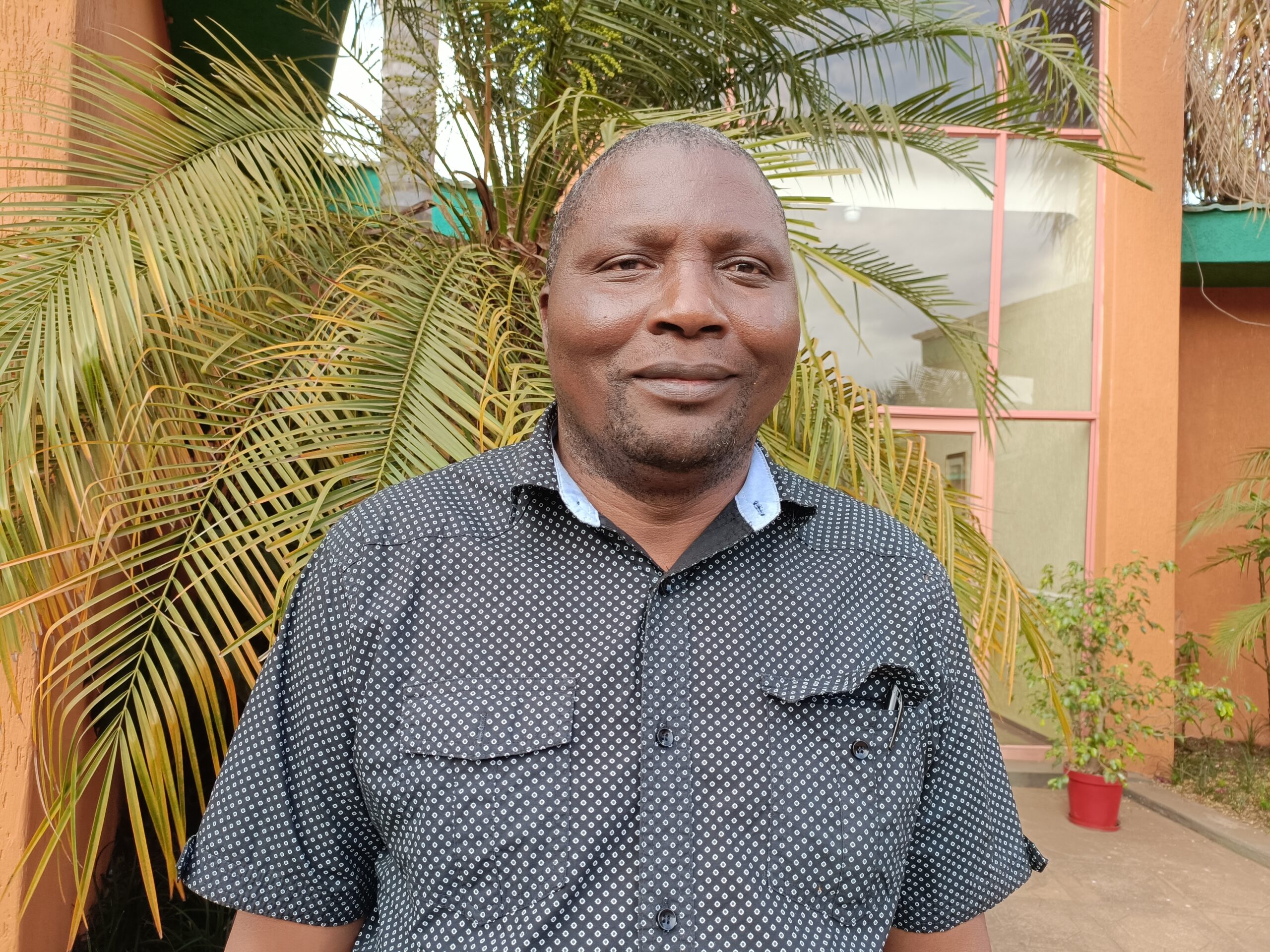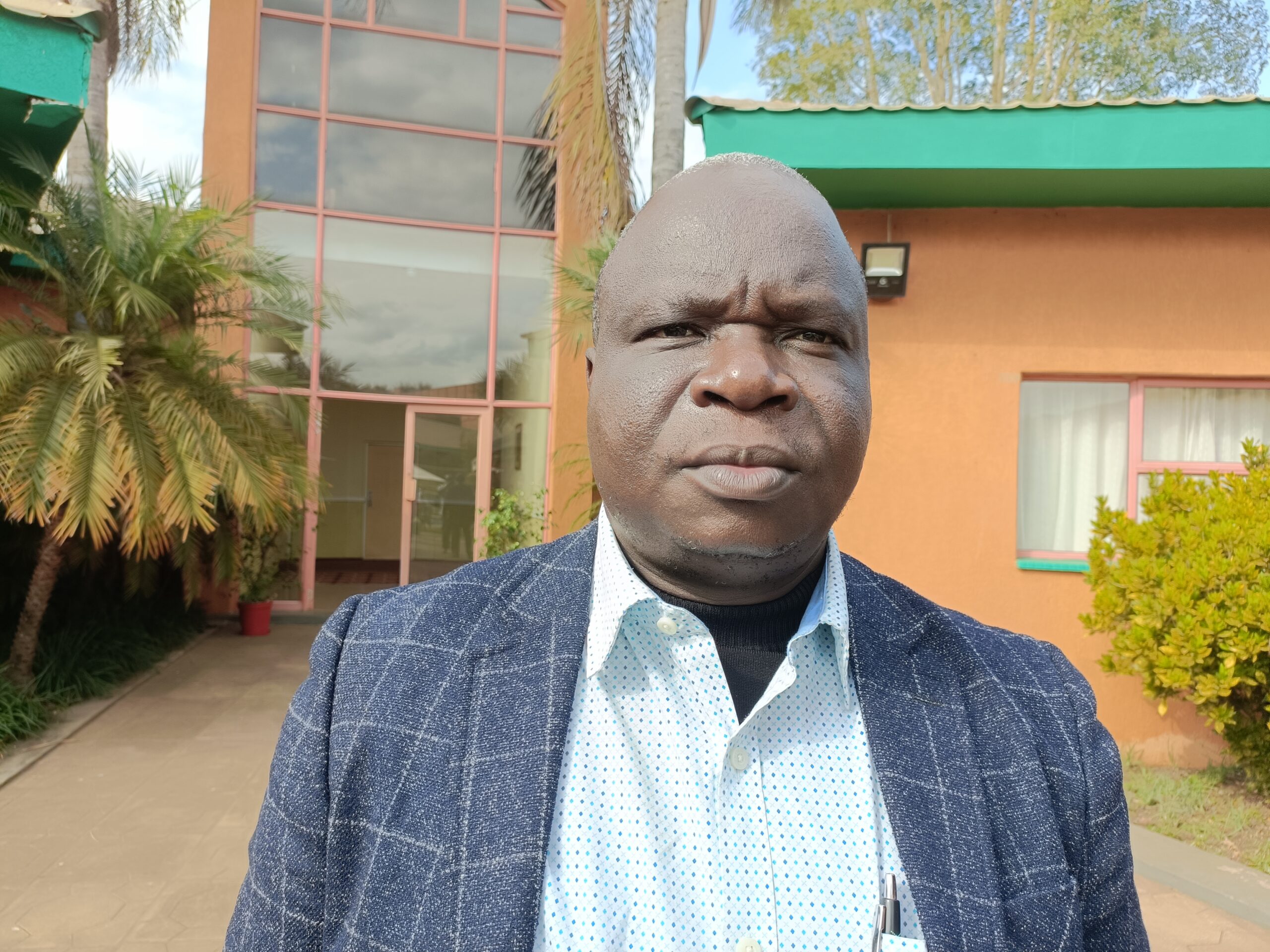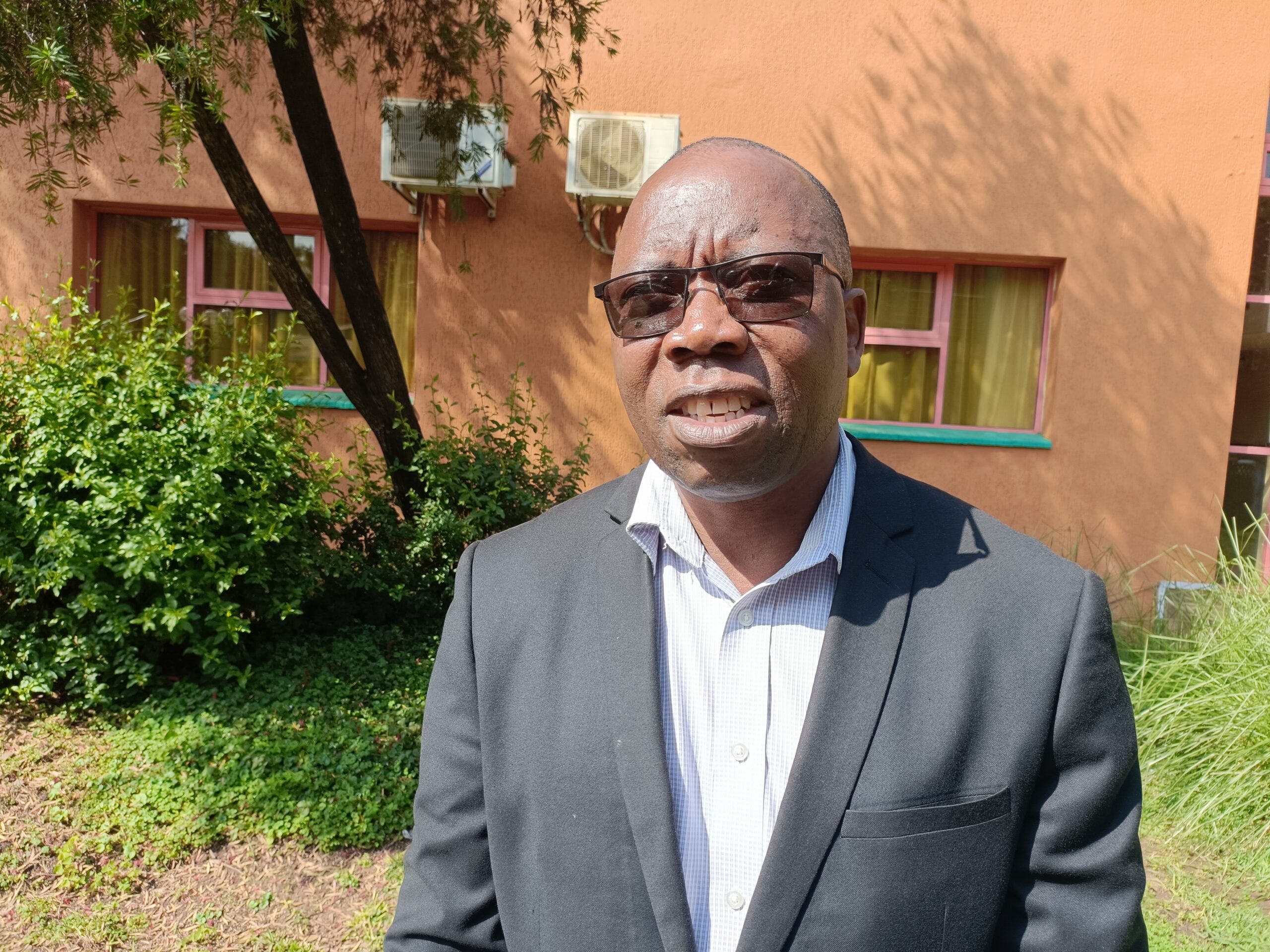
The seed sector in Malawi has said it will advocate for research and adoption of genetically modified organisms as one of the tools in fighting food insecurity and climate change in the country.
Speaking at a consultative meeting organised by The Seed Trade Association of Malawi (STAM) in Lilongwe, Mangochi North MP, Hon Benedicto Chambo and who is also a member of the
Parliamentary Agriculture committee said that there is need for the sector to treat the new technology as a spark plug towards industrialisation.The MP, who doubles up as the director of the Pindulani Seed Company based in Mangochi observed that he and his colleagues in the industry will continue to seek for political will to ensure that new technologies are entrenched in the country upon approval by relevant bodies.

“For better productivity, we, local seed companies must lead by example in accepting biotechnology and look beyond our region for trade so that we enjoy the benefits of enhanced plant biotechnology and new innovations,” he said.
Mr Nessimu Nyama, the Secretary General of STAM stated that the country needs genetically modified organisms to be practiced side by side with genome editing if the country was to achieve Agenda 2063 pillar one which calls for better agricultural productivity and commercialization.
“We cannot, as a country achieve this target unless seed companies adopt new technologies and innovations such as GMOs and gene editing,” he told the meeting.
In order to achieve this fete, he said that the association had set up an innovation and technologies committee which will also popularize the technologies with like minded organisations. He added that they will campaign to ensure that local seed companies and farmers understand the technologies for easy adoption.
Nyama added that the country’s experience with Bt cotton had showed that farmers are willing to adopt any nee technology that serves their local needs. He noted that for biotech to get further endorsements, there is need for a step by step introduction of new technologies.
He admitted that a lot of technologies have not seen the light of the day in Malawi because there is no funding from the government and other partners.
The formation of the technology and innovations sub-committee followed deliberations, convened by STAM and African Seed Traders Association (AFSTA) which came after a consultative meeting between seed companies representatives and the academia held in Lilongwe on Wednesday.
Genome editing is a group of technlogies that gives scientists the ability to make permanent and heritable changes at specific sites in the cell of an organism mediated by the cell’s own DNA- repair machinery and lacking in any foreign DNA.
Through gene editing and GMOs, seeds are altered using genetic engineering techniques in a bid to increase crop yields, reduced costs for production with the latter using foreign gene and insertion being random in the genome. It can hence change it entirely in unpredicted way.
Nyama said these technologies can boost agriculture productivity, effectively achieving the goals set out in the Malawi 2063, a blue print that seeks to make the nation an industrialised, middle-income nation.

The subcommittee chairperson is Felix Jumbe, a former Member of Parliament and former chief executive officer for state controlled Agriculture Development and Marketing Corporation.
Jumbe, who owns Peacock Seeds Company, said his vision is to ensure that a majority of farmers adopt biotechnology to counter poor climatic conditions currently haunting the country. He affirmed that STAM supports biotechnology and looks forward to seeing the country do more than just Bt cotton as they explore food crops such as maize, banana and cassava.








